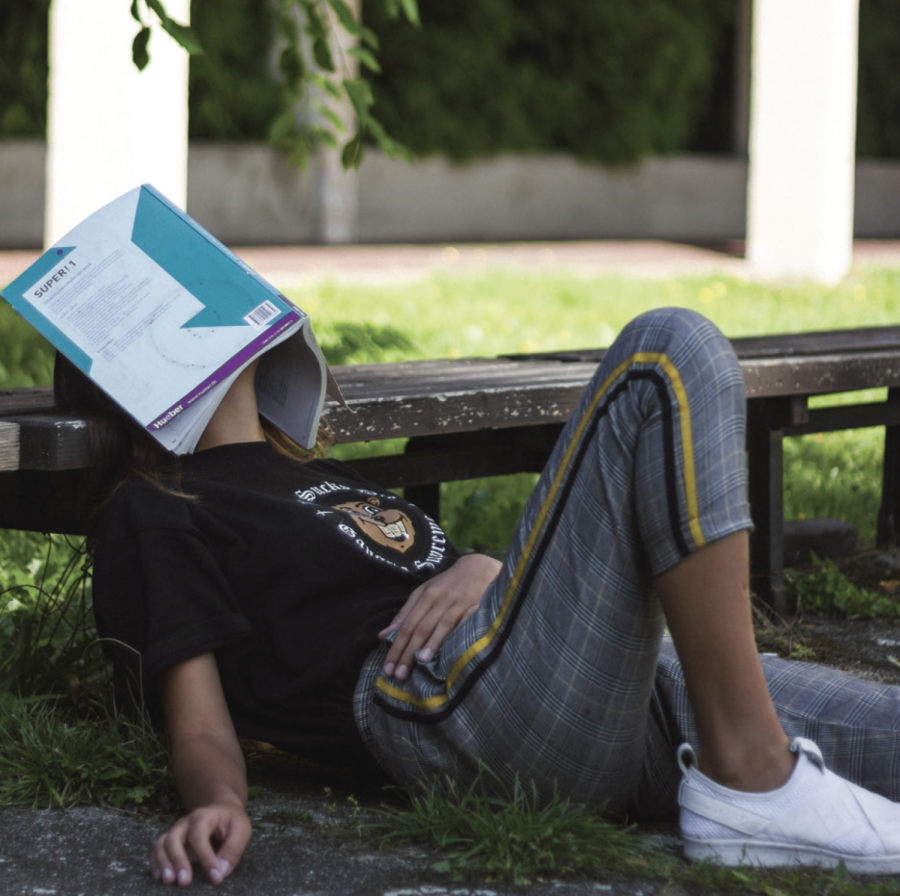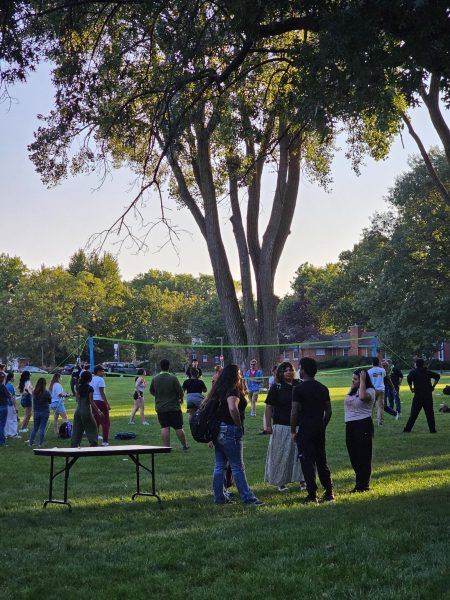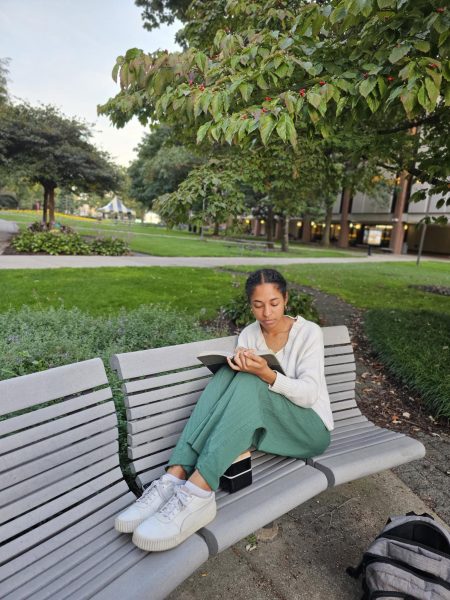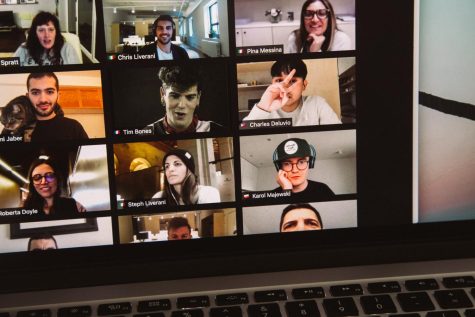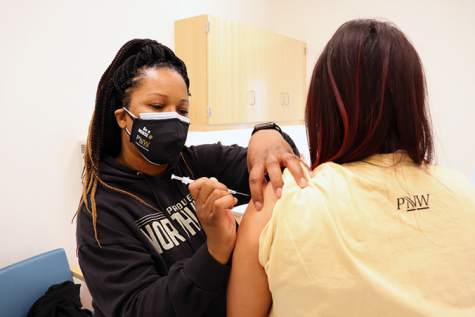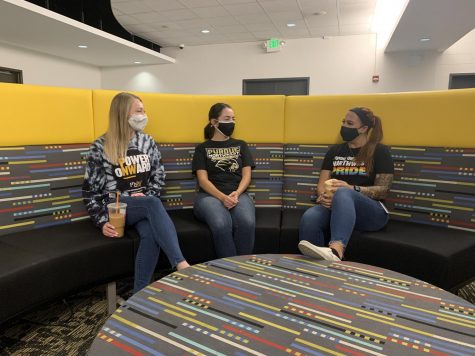Pandemic stress may explain why some students lack academic focus
Everyone wants COVID-19 to be over, but one lasting impact may be pandemic fatigue that drains both mental focus and energy.
President Joe Biden said Covid-19 is a thing of the past. The World Health Organization said the end is in sight. Purdue University Northwest and schools nationwide are getting back to normal.
But many people are suffering from a lingering condition psychologists call “pandemic fatigue”.
“Pandemic fatigue is generally thought of as: It was difficult to handle the pandemic, and we’re too exhausted to keep doing it,” said David Nalbone, professor of Social Psychology. “It was just added stress on top of everything else, and everybody was already stressed enough, as we are regularly.
“[The pandemic} just increased it enough, and for a long enough period of time that…people could not keep up with that strain for that long,” he said.
As the nation enters its third pandemic winter, Nalbone said pandemic fatigue explains why students could feel their focus and energy have gotten worse.
Earlier this year, research company OnePoll surveyed 2,000 U.S. adults to learn about the impacts of the pandemic. Fifty-eight percent of respondents said they feel unfocused or disjointed. More than half said no amount of rest helps them feel focused.
The pandemic required flexibility, complex thinking and unexpected problem solving on top of regular daily decisions. It was difficult handling COVID-19 and Nalbone said this has led to worldwide pandemic fatigue.
“I certainly feel large amounts of stress,” said Brittney Vroom, senior Physics major. “But I quit my job that had caused me stress during the pandemic, so that decreased overall life stress load significantly. Overall, my greatest stress is school.”
Unfortunately going online for classes did not help.
“I do feel my focus has decreased since the start of online classes,” said Vroom. “At home, I find it very difficult to keep my attention on the professor and screen, whereas in class there’s direct feedback if I’m not paying attention.”
Elizabeth Pucher, senior Mathematics major, attributes her lack of focus to the technological aspect of COVID-19.
“Because of the pandemic, so many things became virtual or now have [a] virtual option,” Pucher said. “It’s so easy to open social media, streaming services, shopping sites, instead of doing boring things. Without computers or phones present, you don’t really have those options and it’s a lot easier to focus on the things you need to do. I was using my phone a lot at the beginning of the pandemic, 13 to 14 hours of screen time [a day].”


